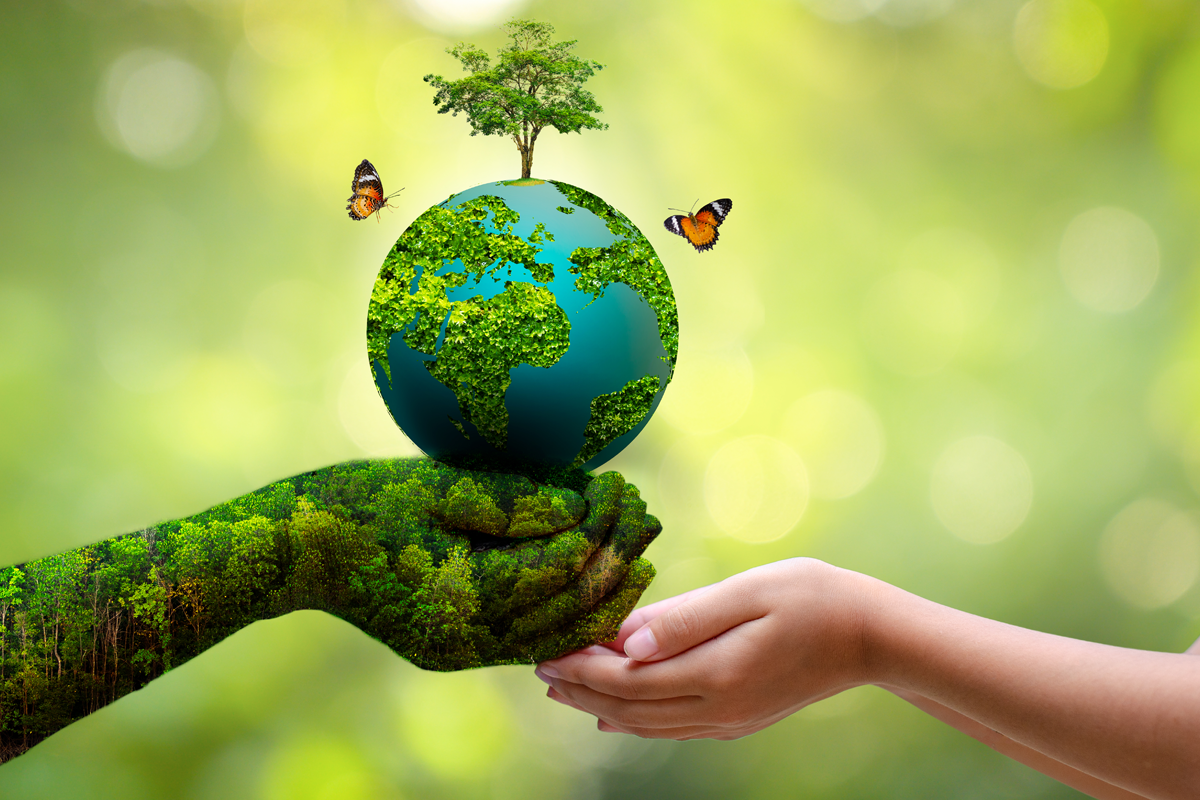ZELA Press Statement: World Environment Day 2023; June 5th, 2023
#BeatPlasticPollution
The Zimbabwe Environmental Law Association (ZELA), a public-interest environmental law organization, joins the world in commemorating World Environment Day. This year’s theme is a call to action for individuals, organizations, corporations, and governments worldwide to find solutions to reduce plastic consumption and promote sustainable alternatives.
The commemoration’s focus Is on solutions to plastic pollution under the campaign theme #BeatPlasticPollution. The campaign #BeatPlasticPollution comes in the wake of the United Nations Environment Assembly (UNEA) resolution to ‘End Plastic Pollution: Towards an internationally legally binding instrument.’
As we commemorate this significant day, the Intergovernmental Negotiating Committee and world leaders have just completed the second session of the negotiations of the Plastic Pollution Treaty in Paris, France, which took place from May 29 to June 2, 2023. The Pollution Treaty being negotiated is expected to create legally binding obligations for states to have legislation that addresses the full lifecycle of plastics, including plastic production, design, and disposal, innovative solutions, products, and materials.
Importantly, once adopted, the treaty will be the first multilateral environmental agreement to specifically deal with this planetary crisis. Further, the treaty is expected to promote sustainable production and consumption of plastics, in line with Sustainable Development Goal 12.
Plastic pollution (objects and particles) in the environment is a significant environmental challenge and is driving the triple planetary crisis relating to biodiversity and climate change. As of 2015, over 380 million tons of plastic were produced worldwide. An estimated 9% has been recycled, and another 12% has been incinerated, while the remaining 79% has accumulated in landfills or the natural environment.
Plastic pollution has negative impacts on human health and the environment. The production of plastic releases greenhouse gases into the atmosphere, and plastic incineration releases even more greenhouse gases. Plastics disrupt marine food chains in aquatic environments, causing the death of marine species. Toxic substances from microplastic contamination extend to freshwater and terrestrial environments as well as food and beverages such as drinking water, which can cause various health problems. Plastics clog storm drains, causing flash flooding during heavy rains, which increases flash floods’ impacts, as seen in various cities in Zimbabwe.
Cognizant of the plastic pollution challenge, Zimbabwe is participating in the negotiations as part of the Africa Group. As a country, steps have been taken towards tackling this issue and promoting sustainable practices.
The Government of Zimbabwe passed the Plastic Bottles and Plastic Packaging Regulations Statutory Instrument 98 of 2010 to deal with plastic pollution. Although the regulations are commendable, they have not significantly reduced plastic use in Zimbabwe.
In addition, the Government of Zimbabwe’s Integrated Solid Waste Management Plan(2015) recognizes the need to address plastic waste. In terms of the Plan, 18% of all waste disposed into landfills is classified as plastic waste, with the majority being carrier bag plastics.
Challenges associated with plastic waste are worsened by the lack of capacity of state institutions to enforce and implement the legislation and the limited knowledge and educational programs among citizens. Some of the key provisions that could be included in the legal framework to reduce plastic pollution relate to Extended Producer Responsibilities for plastic manufacturers and retailers.
The clarion call Is for concerted efforts to reduce plastic pollution premised on documented adverse impacts of plastic pollution being felt on a global scale. On this World Environment Day, ZELA calls for:
- Strengthening national policy frameworks through enacting strong policies aimed at reducing plastic pollution, including regulations targeting producers and consumers of plastic products. The government can play a role in reducing plastic pollution by enacting policies restricting single-use plastics, providing incentives for businesses to develop and use more sustainable packaging materials, and investing in waste management infrastructure.
- Local authorities should provide sustainable refuse collection services that will positively impact society, minimizing the mushrooming of refuse dumps at undesignated sites or places.
- Promotion of sustainable practices that reduce the reliance on single-use plastic products, such as reusable bags, water bottles, and containers. This can be done by encouraging sustainable production and consumption practices and choosing reusable alternatives to disposable plastic items, such as straws, bags, and water bottles.
- Improved waste management systems that encourage responsible plastic waste disposal and recycling. Recycling plastic whenever possible helps keep plastic out of landfills and incinerators, where it can release harmful pollutants into the environment.
- Promotion of businesses that prioritize environmentally friendly products and practices.
- Increased public education, advocacy, and awareness campaigns on plastic pollution’s dangers and promoting sustainable alternatives.
ZELA calls for urgent attention and concerted efforts from all stakeholders to find lasting solutions to #BeatPlasticPollution. The organization is committed to working with various stakeholders, including the government, civil society organizations, and communities, to raise awareness of the problem and develop solutions to it. As Zimbabwe and the world commemorate World Environment Day 2023, let us act toward beating plastic pollution and safeguarding our environment for present and future generations.
Together, we can beat plastic pollution and protect our planet!
END//
This post was first published on the ZELA site and the original article is here.
About Zimbabwe Environmental Law Association
“Celebrating two decades of promoting environmental justice through sustainable and equitable utilisation of natural resources and environmental protection.”
Website : www.zela.org |Twitter: @ZELA_Infor | Facebook: Zimbabwe Environmental Law Association | Youtube: Zimbabwe Environmental Law Association |Instagram: zela_infor
Hotline: +263 777 195 006 +263 719 556 893 Whatsapp Chatbot: +263 777 105 943











.jpeg)










0 Comments